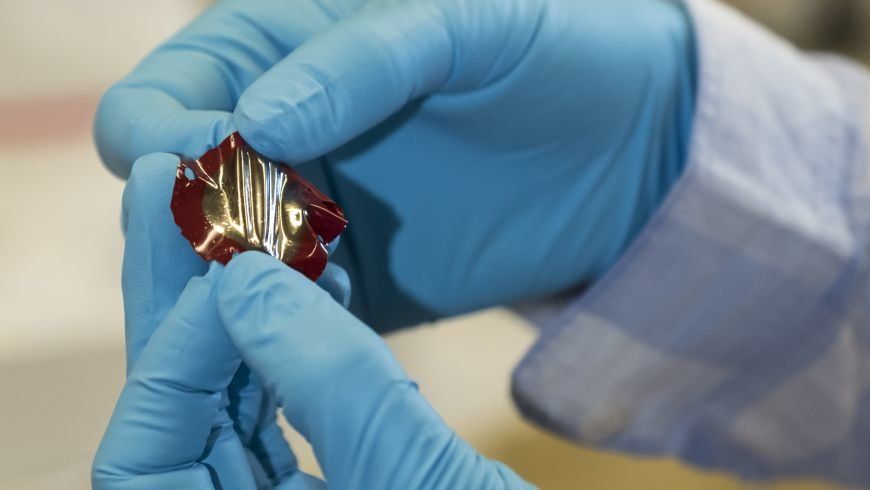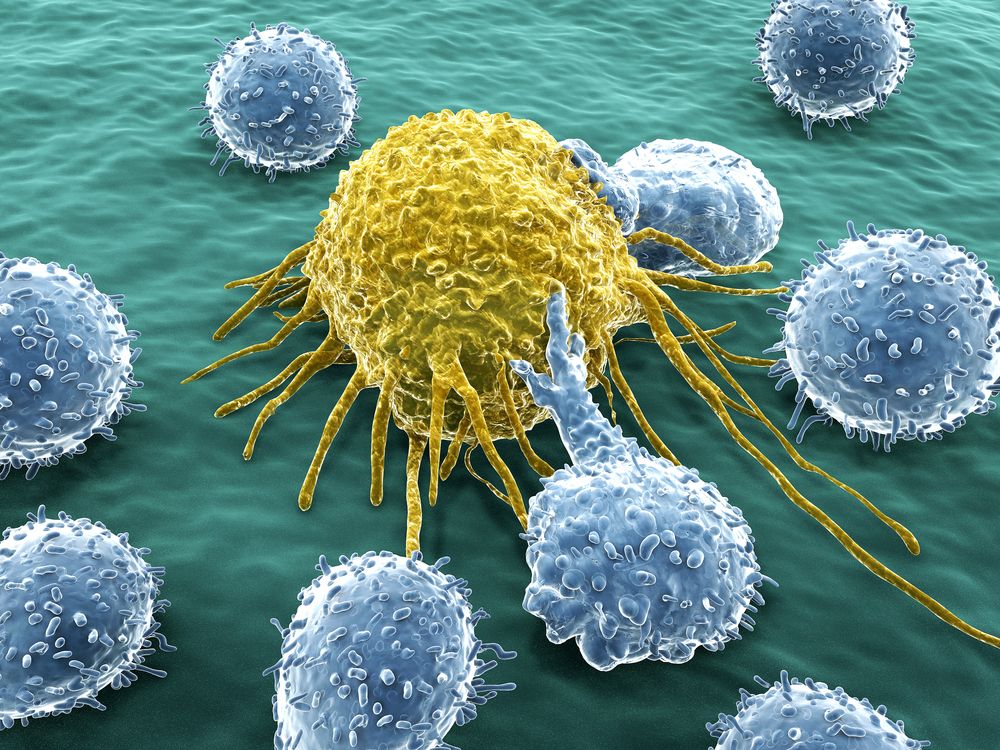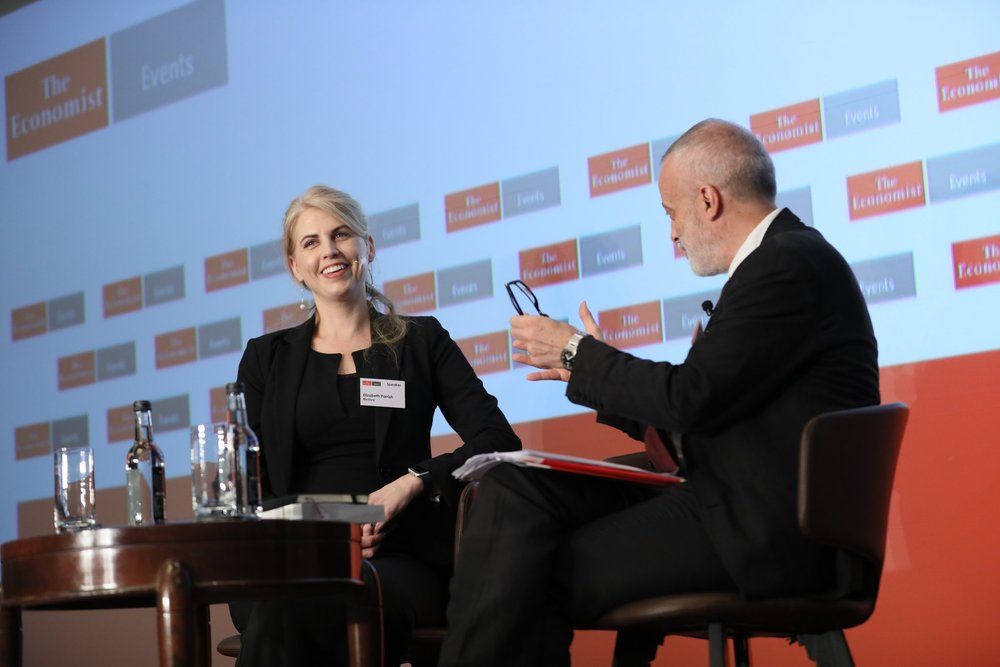Nov 14, 2017
Now hiring for project ‘Personal Longevity Strategy’
Posted by Michael Greve in categories: biotech/medical, life extension
If you are a medical doctor and interested in an alternative career researching functional medicine and evaluating true rejuvenation therapies, this is for you!
Forever Healthy is a private non-profit initiative whose mission is to enable people to vastly extend their healthy lifespan and be part of the first generation to cure aging.
We support the development of rejuvenation therapies that undo the damage of aging by funding basic research, bringing together the world’s leading scientists at our Undoing Aging conference and helping startups that work on actual therapies for human use.
Continue reading “Now hiring for project ‘Personal Longevity Strategy’” »

















